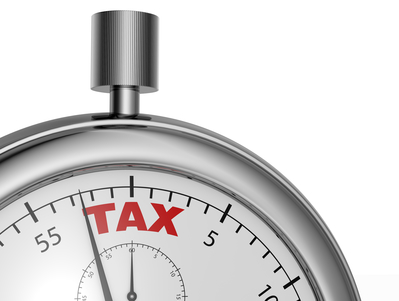
If you own or run a business you must add to your quarterly tax activities the estimated tax payment as requirement to comply with the federal and state tax law to avoid penalties from your tax authorities. The rule is you must pay taxes as you go. The estimated tax payment must be paid quarterly over the year and earlier than the tax return due date.
Self-employed individuals and businesses including sole proprietors, partners, and S corporations shareholders who expect to pay $1,000 or more when filing their 2016 tax return to the IRS and $2,500 or more to the Florida Department of Revenue from their income must make estimated tax payments; the base amount for corporations to estimate tax payments is $500.00.
The baseline to determine the estimated tax payment is the previous year tax return filed, always evaluating the business whole financial situation, so we recommend you the following:
- Plan ahead
To keep up with the deadlines, we recommend you to have your accountant generate an estimated tax payment schedule with amounts to pay for 2017 when you file your 2016 taxes, and follow that schedule as recommended unless significant changes have occurred on your cash flow. - Analyze previous year income, profit, and taxes
After the previous year taxes had been filed, a projection for the new year can be prepared. It is relevant to consider variations like unexpected increase or decrease of the income or the expenses. - Set previous year tax amount filed as benchmark
Calculating the correct amount to pay could be complicated; the safest method to avoid underpayment penalties it to set the previous year tax filed as the benchmark for the new year estimated taxes. Aim for the hundred per cent of the previous year and have these as indicator to pay the advances for 2017. - Compare as you go
when preparing to pay for each quarter in 2017, compare the schedule of estimated payment with the year-to-date situation. Comparing will determine any variations; if any variation if profit, adjust them as necessary to avoid penalty for underpayments. - Pay within the deadlines for each quarter
The same as with filing and paying the final tax return late, failing to pay estimated tax could incur in substantial penalties, avoid those expenses paying on time.
If you are not sure if you are required to comply with estimated tax payments or you do not know how to calculate them, give us a call. We, at Rosillo & Associates can assist you calculating the estimated tax payments of your business and take that worry from you.







